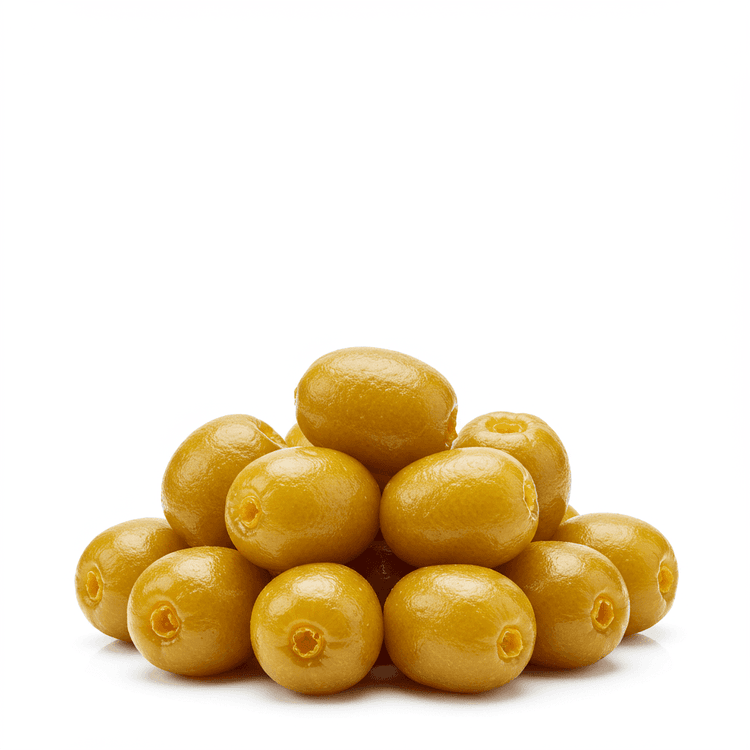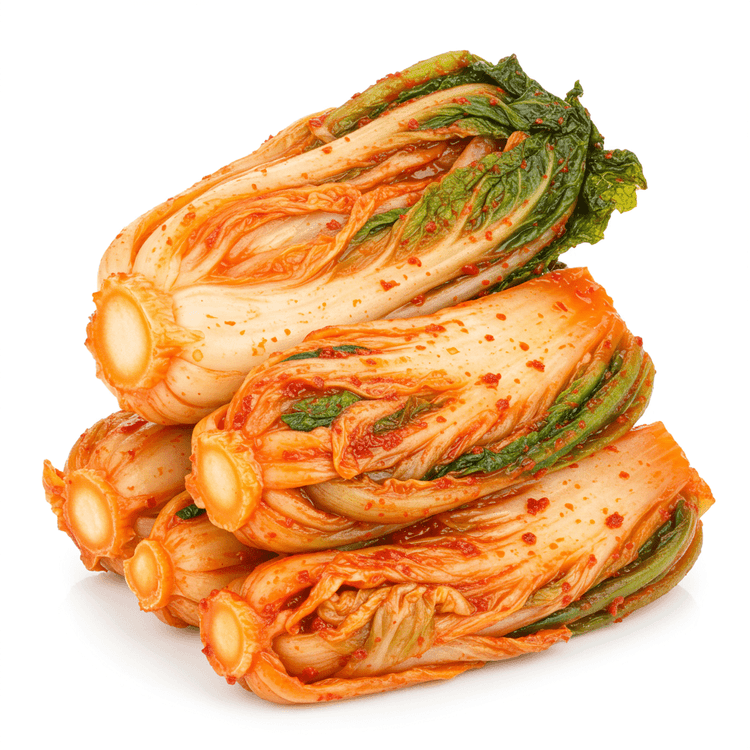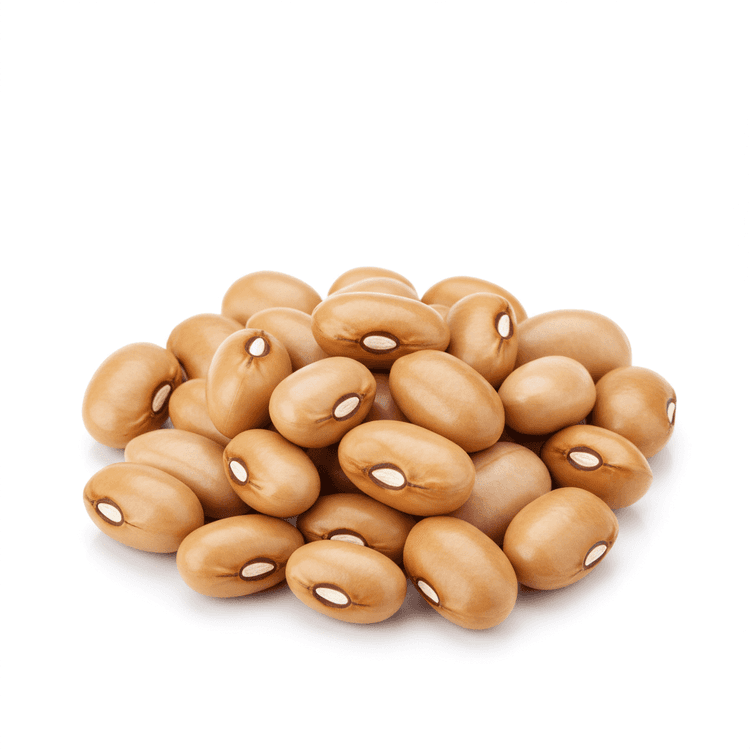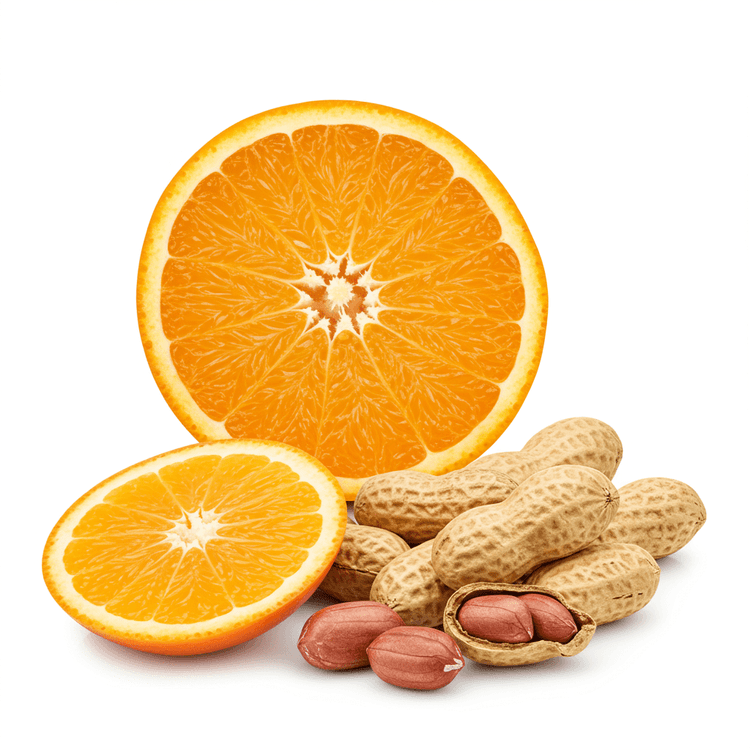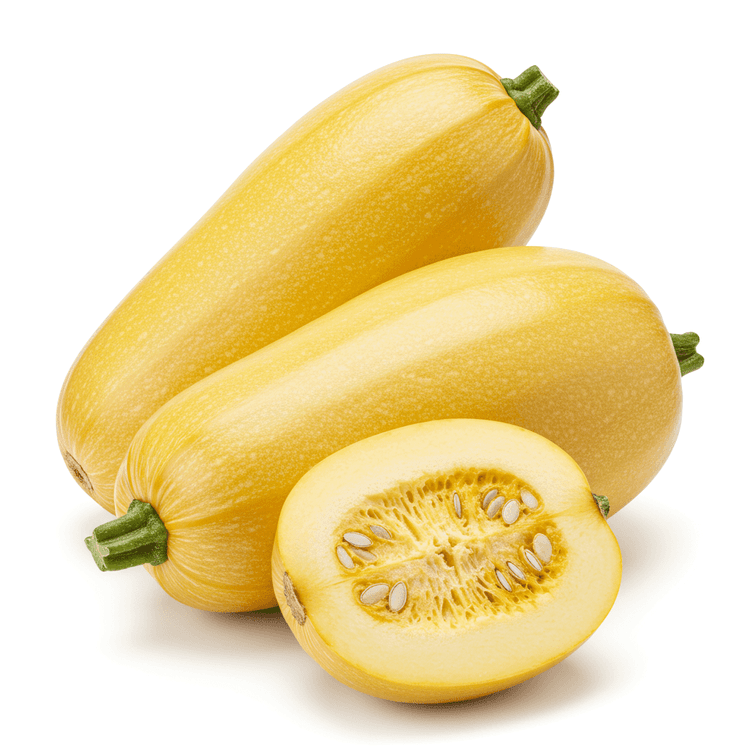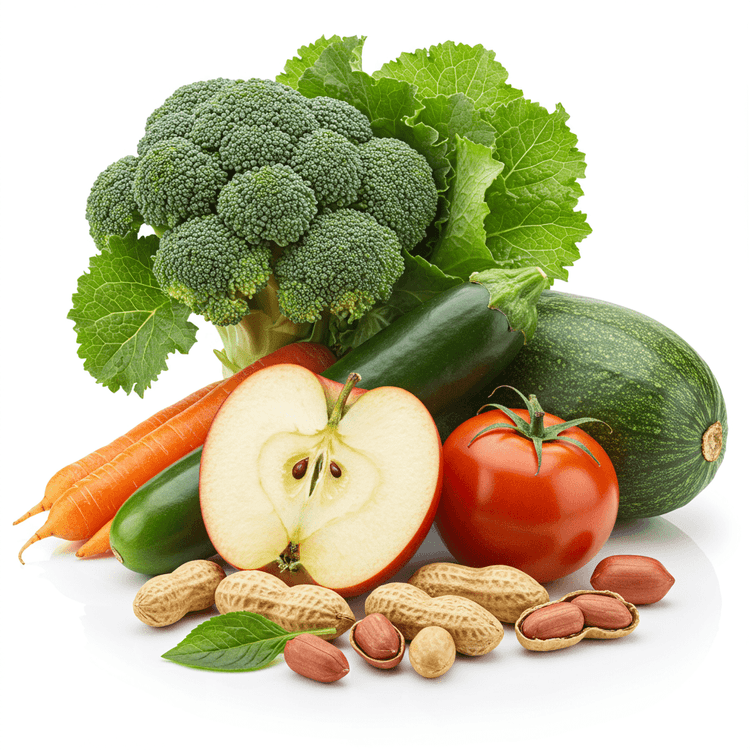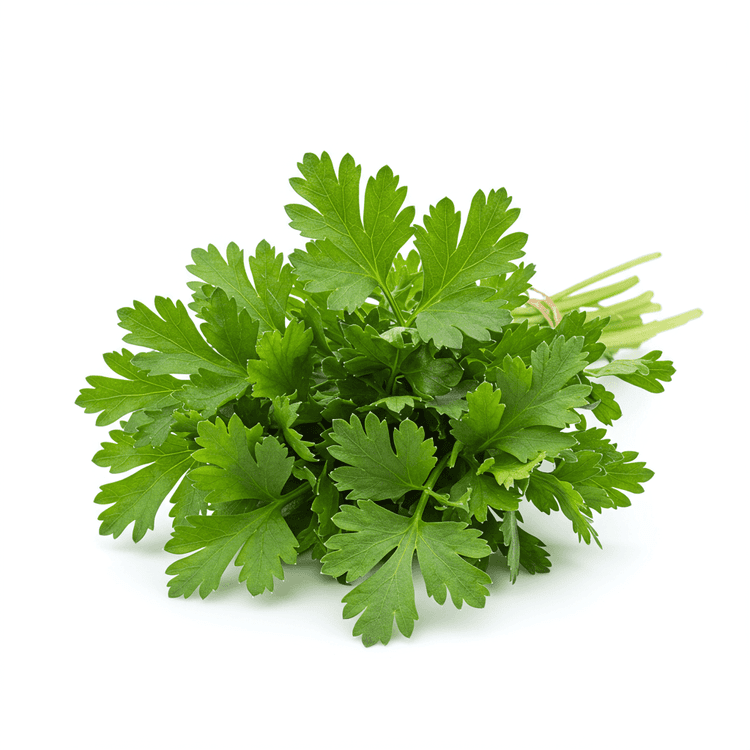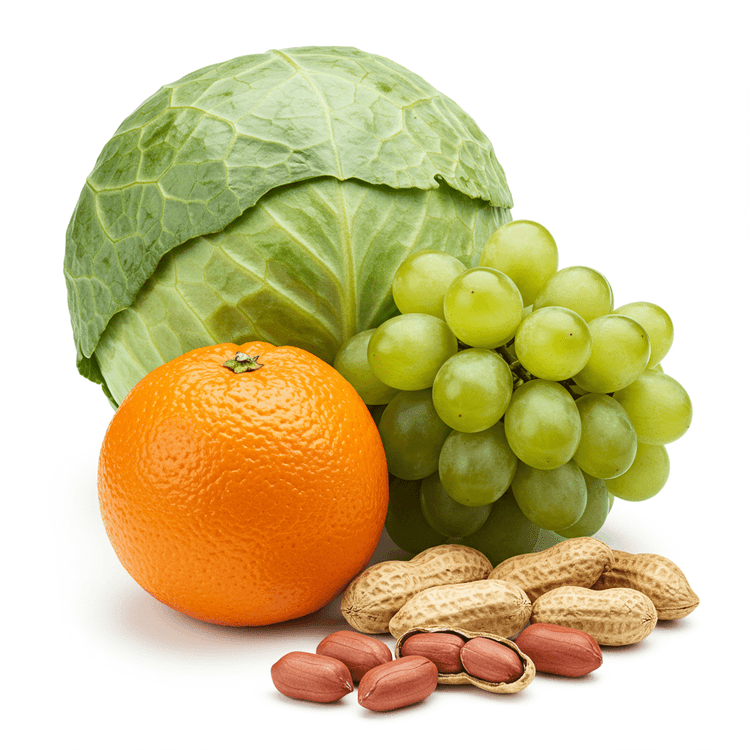
Vegetable
The term 'vegetable' encompasses a diverse array of plant-based foods, each offering unique flavors, textures, and nutritional benefits. From the crisp, watery crunch of lettuce to the earthy sweetness of root vegetables like carrots and potatoes, vegetables are vital components of a healthy diet. Their appearances vary dramatically, ranging from vibrant greens and deep purples to bright oranges and yellows. They can be enjoyed raw, steamed, roasted, grilled, or incorporated into soups, stews, and countless other culinary creations. When selecting fresh produce look for firm, vibrant colored vegetables free from blemishes to ensure optimal quality and taste.
Common Uses
- Vegetables are frequently steamed or boiled as a simple and nutritious side dish. Consider broccoli, green beans, or asparagus for a quick and healthy accompaniment to any meal. Steaming preserves nutrients and highlights the vegetable's natural flavor.
- Many vegetables are ideal for roasting, which intensifies their natural sweetness and creates a slightly caramelized exterior. Root vegetables like potatoes, carrots, and parsnips are particularly well-suited for roasting with herbs and spices for a flavorful side dish.
- Vegetables are essential ingredients in soups and stews, adding both flavor and texture. Carrots, celery, onions, and tomatoes are often used as a base for hearty and comforting soups, while leafy greens like spinach or kale can be added for extra nutrition.
- Fresh vegetables can be enjoyed raw in salads, providing a crisp and refreshing element. Lettuce, cucumbers, tomatoes, bell peppers, and carrots are common salad ingredients, often paired with a vinaigrette or other dressing. Also can be used in green smoothies for that extra kick.
- Vegetables are frequently pickled or fermented as a way to preserve them and add a tangy, sour flavor to dishes. Pickled cucumbers, cabbage (sauerkraut), and kimchi are popular examples of fermented vegetables used worldwide.
- You can grill vegetables like bell peppers, zucchini, and eggplant, bringing out their smoky flavor and soft texture. Marinate them before grilling and enjoy them as a side dish or in salads.
Health Benefits
- Rich in vitamins and minerals, supporting overall health and well-being.
- High in dietary fiber, promoting digestive health and regularity.
- Low in calories, aiding in weight management and healthy eating habits.
- Excellent source of antioxidants, protecting against cellular damage and chronic diseases.
- Supports heart health by helping to lower cholesterol and blood pressure.
- Contributes to healthy skin and vision due to vitamin and antioxidant content.
Substitutes
Chefadora AI is here.
Experience smarter, stress-free cooking.
Storage Tips
The best way to store vegetables depends on the type. Leafy greens and delicate vegetables should be refrigerated in crisper drawers to maintain moisture and prevent wilting. Root vegetables like potatoes, onions, and garlic should be stored in a cool, dark, and dry place at room temperature. Some vegetables can be frozen for long-term storage; blanching before freezing helps preserve their texture and flavor. Always wash vegetables just before use to prevent premature spoilage.
Marnirni-apinthi Building, Lot Fourteen,
North Terrace, Adelaide, South Australia, 5000
Australia
